On the evening of April 7, the Big Data Helps Accurate Pandemic Prevention and Talents Cultivation Forum of the 2022 Belt and Road and BRICS Auditorium of Skills Development and Technological Innovation was held online.
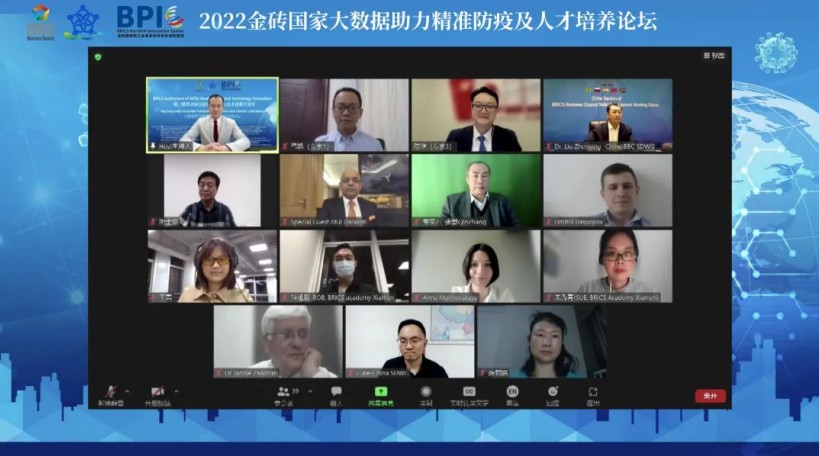
The forum was co-hosted by BRICS Business Council Skills Development Working Group, the Innovation Base of the BRICS Partnership for New Industrial Revolution, the Belt and Road and BRICS Skills Development International Alliance, and the China Association for Science and Technology, Belt and Road and BRICS Skills Development and Technological Innovation Training Center. BRICS Academy of Skills Development and Technological Innovation (Xiamen) and Xiamen Information Group Co., LTD., and received strong support from Xiamen Torch High-tech Industrial Development Zone Management Committee and Xiamen Jimei District People's Government. The forum, which was broadcas live in both English and Chinese, was targeted at scholars, researchers, medical professionals, enterprise technicians, teachers and students of institutions of higher learning in the fields of digital technology, artificial intelligence, intelligent manufacturing and other new technologies and new skills from BRICS countries and the Belt and Road countries, attracting about 51,000 online participants from nine countries, including the BRICS countries, the United States, the Czech Republic, the Philippines and Indonesia.
At the forum, four experts and scholars, Dmitrii Raspopov, machine learning and big data expert of the Russian Skills Development Agency; Zhang Qin, member of the Standing Committee of the National Committee of the Chinese People's Political Consultative Conference (CPPCC), academician of the International Academy of Nuclear Energy, and dual-appointed professor of Tsinghua University's Institute of Nuclear Research and Department of Computer Science; Bow Kai, deputy director of the Office of Informationization and Data Management of the First Affiliated Hospital of Xiamen University; and Chen Ji, president of Chongqing Hanhai Ruizhi Big Data Technology Co. The value of machine learning and big data analysis and prediction in the context of the epidemic - the 2020 BRICS Future Skills Challenge as an example, trusted intelligence to assist the grassroots first diagnosis, the integration of big data to help the precise prevention and control of the new crown epidemic, the new crown epidemic in the context of big data education four major topics to give a keynote report. Invited panelists from Russia, India, South Africa and other BRICS countries expressed their views on the content of the reports and had in-depth exchanges with the experts.
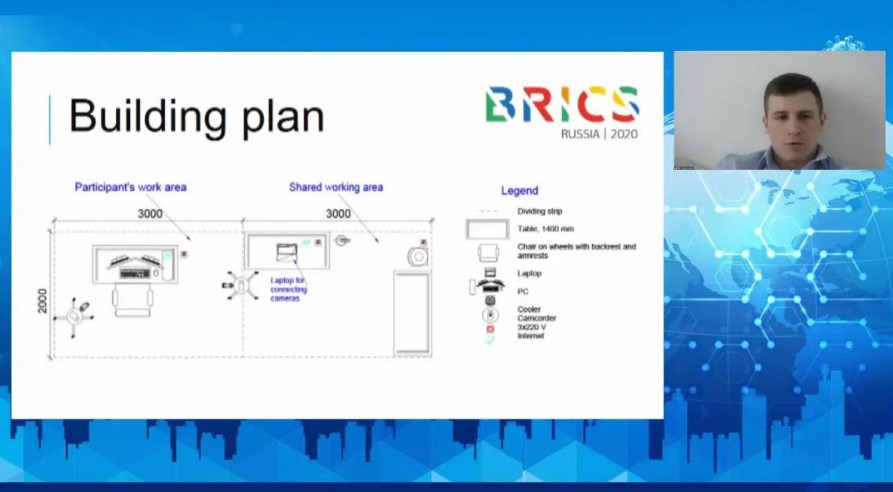
俄罗斯专家Dmitrii Raspopov发表主旨报告
《机器学习与大数据在疫情背景下的分析和预测价值——以2020年金砖国家未来技能挑战赛为例》
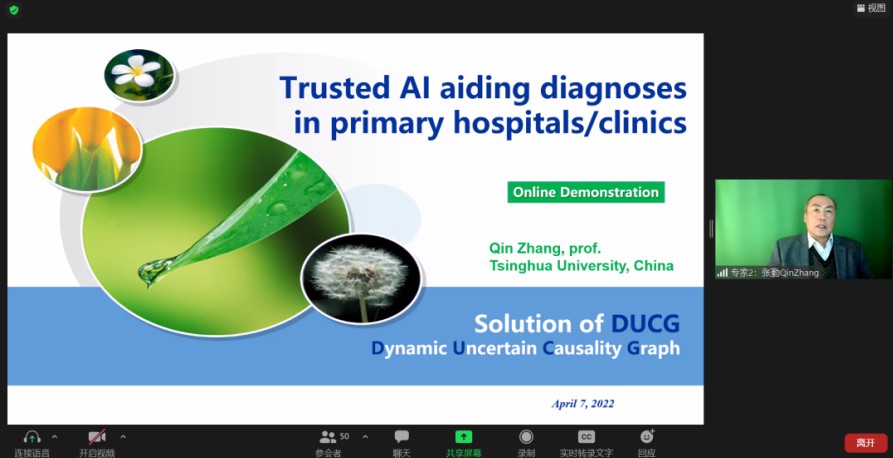
张勤教授发表主旨报告
《可信智能辅助基层首诊》
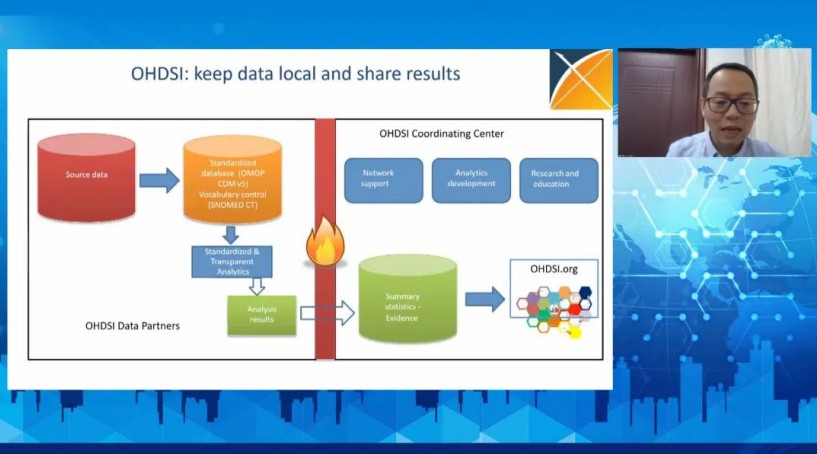
弓凯博士发表主旨报告
《大数据融合助力新冠疫情精准防控》
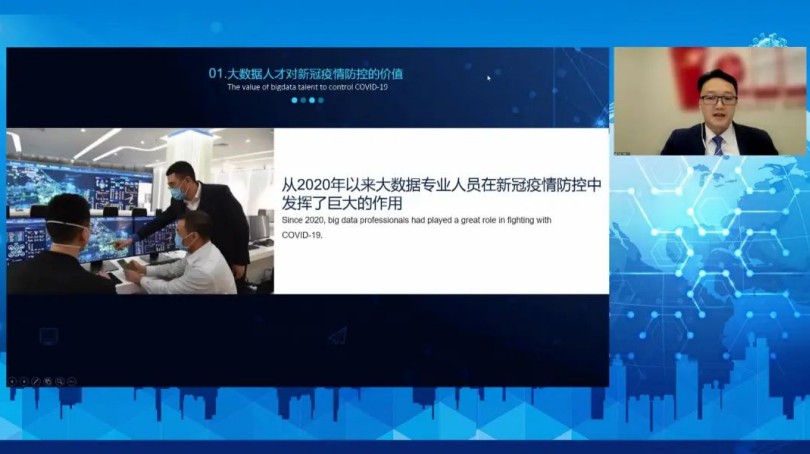
陈继总裁发表主旨报告
《新冠疫情背景下的大数据教育》

互动讨论环节
After the forum, many participants said that the content of the forum is relevant and meets the needs, and can reserve more experience for the big data epidemic prevention and control work of each country.
A number of media outlets, including Learning Power, Xiamen Daily, Xiamen TV set, Xiamen Satellite TV, Hercynian Morning Post, Straits Herald, TaiHai.com, Guangming.com, and Xiamen.com, reported on the activities of the BRICS Forum.
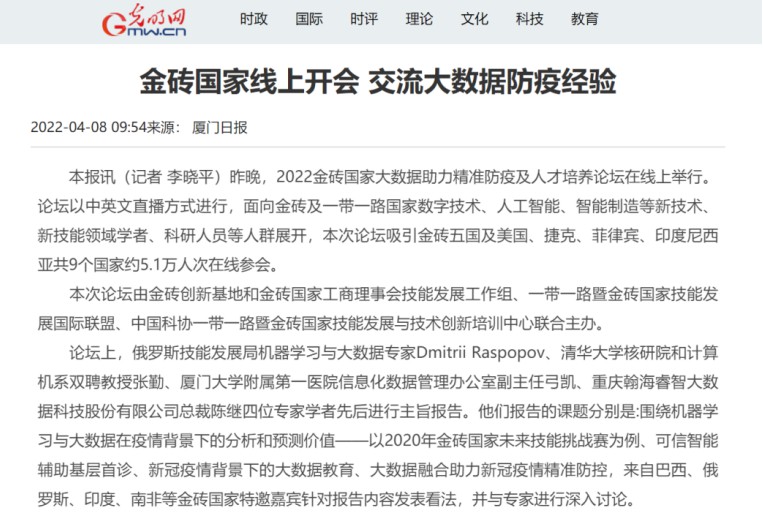


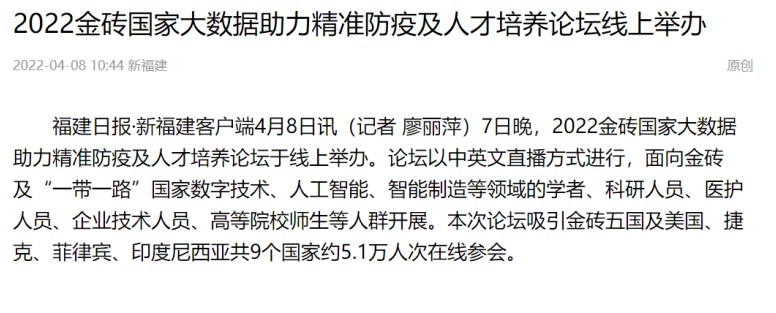
Currently, in the context of the global new crown epidemic, international exchanges and skills training are deeply affected. In order to strengthen close ties among BRICS countries and provide a platform for technical exchanges and skills training in BRICS countries, the Skills Development Working Group of the BRICS Business Council has proposed an important outcome design and put it into practice - the establishment of a long-term mechanism for the BRICS Auditorium of Skills Development and Technical Innovation (Distance). Theoretical and technical seminars and technical skills training are conducted through regular monthly forums, workshops, conferences and virtual classes. The hall will help share best practices in skills development and technological innovation and strengthen the exchange of technical and skilled personnel among BRICS countries; introduce successful cases of the BRICS Future Skills Challenge and deepen its impact; jointly explore new modes of vocational education and promote the high-quality development of education; and carry out theoretical and technological training to improve the skills level of BRICS countries.
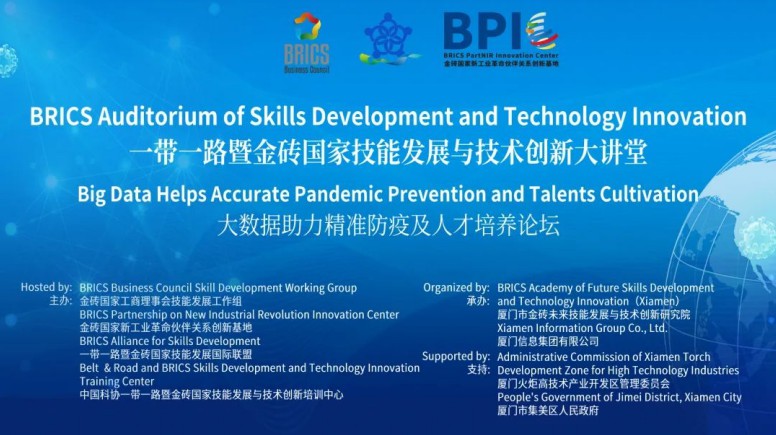
Related Reading
推荐文章
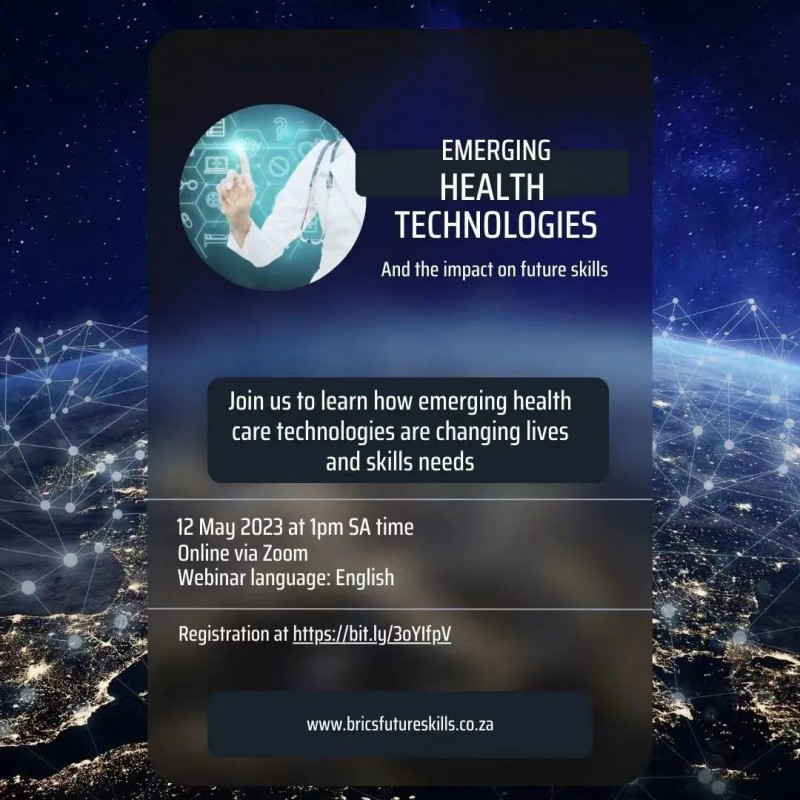
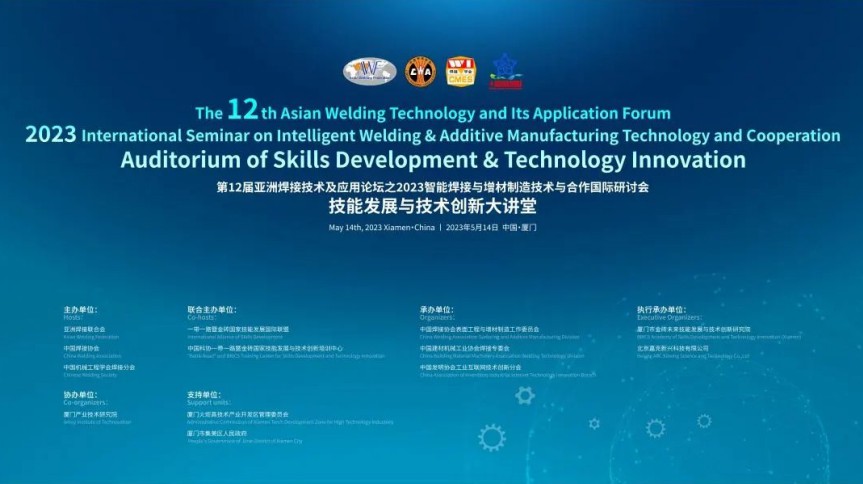
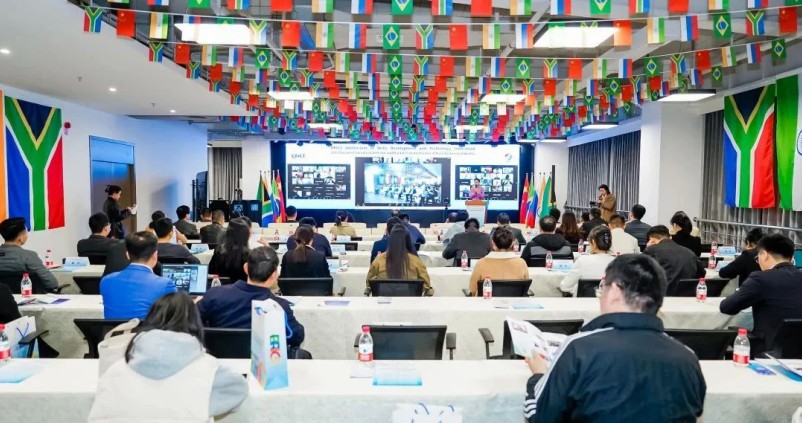
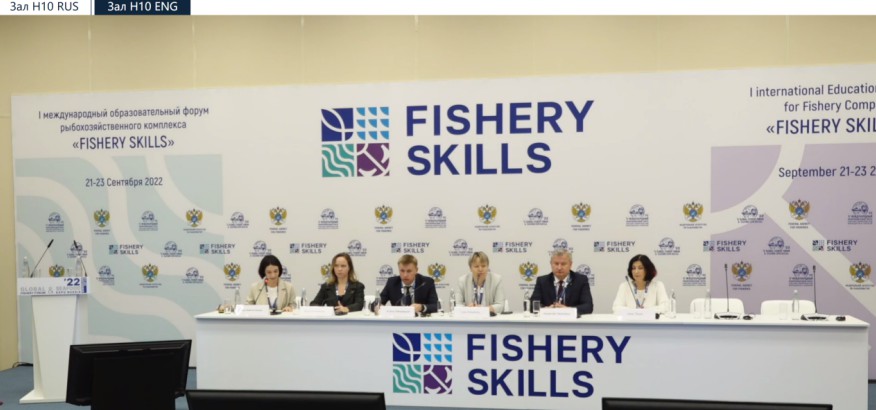
热门文章



 闽ICP备12331232468号-1
闽ICP备12331232468号-1